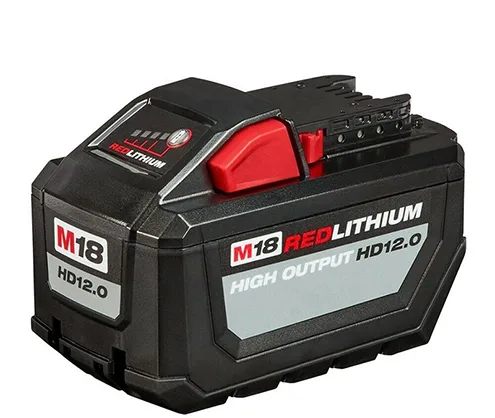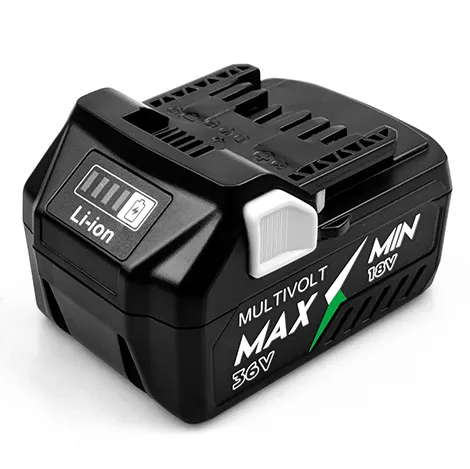Together for An Electric Future.
It can be daunting seeing the huge range of cordless power tool batteries on the market but it’s actually much simpler than it seems. They can all be grouped into one of three main types.

You can recharge these batteries. These are portable too. Nowadays, we use portable devices and tools everywhere. These tools need rechargeable and portable batteries. It was first developed in 1985.
Its discharge efficiency is between 80-90%. But it discharges more with increased temperature and heat. People often use this as replacement rechargeable batteries for cordless drills.
Li-ion batteries contain flammable substances known as electrolytes. So, these batteries are highly explosive and can start a fire. You can get the light-weight battery and more energy facility from lithium-ion batteries.
Li-ion batteries are commonly implemented in drills, sanders, saws, and different garden equipment. Li-ion batteries are prevalent to use as the best power tool replacement batteries. It can also be used for different tools and black deckers.
These are also being used popularly in many vehicles. Moreover telecommunication sectors widely use this battery.
Li-ion batteries contain toxic metals, which are very harmful to our environment. As mentioned above, these batteries are very explosive too. But the good news is that, these metals can be recycled.
Many solvents used in Li-ion batteries can be recycled. This process can save us from the scarcity of these metals in the near future. Li-ion batteries don't show any memory effect, that's why using li-ion batteries is very hassle-free.
The energy density of a nickel-metal hydride battery as a power tool battery is not as high as that of a lithium battery. Therefore, in the same battery space, the capacity of the nickel-hydrogen battery is smaller than that of a lithium battery, but the consistency of the nickel-hydrogen battery is higher than that of a lithium battery. Therefore, the safety performance of nickel-metal hydride battery packs is better than that of lithium batteries. At the same time, the nickel-metal hydride battery can achieve a discharge capacity of more than 15%, which can fully meet the requirements of the working characteristics of electric tools. Of course, nickel-metal hydride batteries are heavier than lithium batteries, but they are cheaper than lithium batteries and more competitive in terms of manufacturing costs and market prices.
In addition, the low temperature performance of nickel-metal hydride batteries is much worse than that of low-temperature lithium iron phosphate batteries and low-temperature lithium polymer batteries. Therefore, nickel-metal hydride batteries are generally not suitable for power tool batteries in low temperature areas.

Lithium iron phosphate batteries have certain advantages as batteries for power tools. Its high temperature resistance is better than other lithium batteries. At the same time, the discharge performance above 30C can be achieved. The effect is ideal under normal temperature and wide temperature environment. Compared with nickel-metal hydride batteries, its low temperature performance and energy density are better, and its service life is longer than nickel-metal hydride batteries. NiMH batteries have a memory effect, but lithium iron phosphate batteries do not. At present, the technology of lithium iron phosphate batteries is somewhat inadequate compared with nickel-metal hydride batteries, the consistency of the batteries is relatively poor, and the safety of the battery pack is slightly worse than that of nickel-metal hydride batteries.
Headquartered in Shenzhen, China, RHY specializes in the design, development and manufacture of Li-ion/Ni-MH/Ni-Cd battery packs and chargers, providing customers with one-stop battery solutions. For any need for power tool batteries, please do not hesitate to contact us.